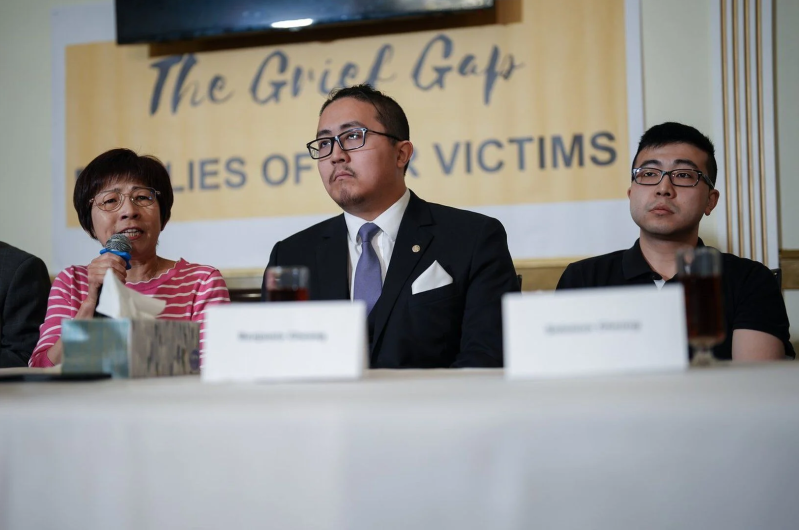
British Columbia — Nearly six years after Pastor Tom Cheung was killed in a fiery crash near the U.S.-Canada border, his family is speaking out, urging lawmakers to reform the country’s approach to criminal responsibility and mental illness in fatal incidents.
Cheung, a 67-year-old pastor at Port Moody Pacific Grace MB Church, died instantly in May 2019 when a Porsche SUV traveling at high speed slammed into his vehicle just north of the Peace Arch border crossing. The crash caused an explosion that engulfed his van in flames.
The driver, Gurbinder Singh of Washington State, had crossed into Canada minutes earlier. Investigators later revealed Singh was experiencing a psychotic episode at the time of the crash. This spring, a British Columbia court ruled him not criminally responsible due to mental illness.
According to The Christian Post (CP), Singh was released following the verdict, sparking heartbreak and frustration for Cheung’s family, who had waited years for justice.
“We lost a father, a husband, and a shepherd to many,” said one of Cheung’s daughters in a public statement. “To hear that no one is held accountable—it’s like losing him all over again.”
The case has reignited a national debate over how Canada handles criminal cases involving severe mental illness. Under current law, individuals deemed not criminally responsible (NCR) are not convicted and may be released under the supervision of a review board, depending on ongoing mental health evaluations.
Cheung’s family is now calling for legislative changes that would require greater transparency and stricter oversight in NCR cases involving fatal outcomes.
“This isn’t about revenge,” the family said. “It’s about ensuring the justice system respects the dignity of victims and the pain of those left behind.”
The tragic crash, which occurred in broad daylight, was witnessed by multiple bystanders and captured on surveillance. According to CP, Cheung had been returning from a short trip to the U.S. and was less than 15 minutes from home when he was struck.
Supporters of the family, including members of Cheung’s church and local advocates, have begun circulating petitions and calling for public discourse on how the NCR system can better balance compassion with accountability.
“We need to talk about both mental health care and justice reform,” said a local pastor familiar with the case. “This ruling shows that one cannot come at the expense of the other.”
As the Cheung family continues to grieve, their story is prompting Canadians to consider what true justice looks like in a system that aims to protect both the vulnerable and the innocent.






